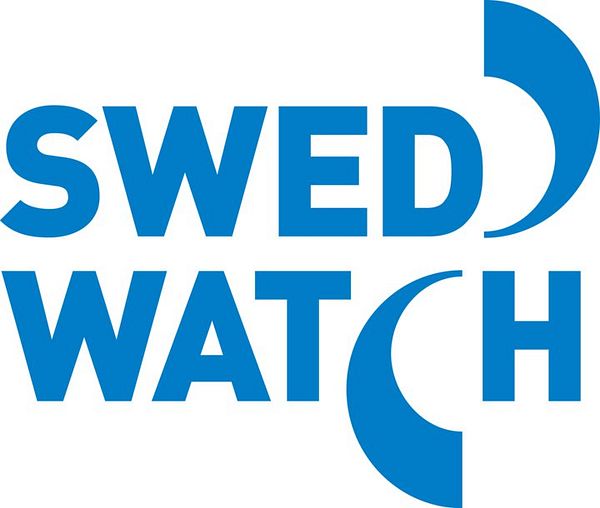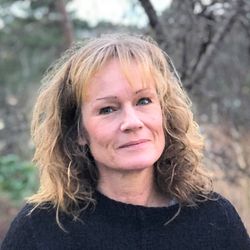Pressmeddelande -
Finance in Common: CSO voices still missing
On the 19-20th of October 2021 the Finance in Common Summit (FICS), gathering the world’s public development banks (PDBs), took place in Rome. Hosted by Italian PDB Cassa Depositi e Prestiti, this was the second summit of its kind, following the inaugural summit in Paris in 2020 where a coalition of PDBs was formed around the need for increasing finance of sustainable development.
The rules and policies that guide PDBs have extensive impacts on the environment and on the human rights of people living in low-income countries. Aligning PDB investments and lending with internationally recognized human rights and environmental standards, including the Paris Agreement, the Sustainable Development Goals (SDGs) and the UN Guiding Principles on Business and Human Rights, is therefore crucial.
Despite this, PDBs have been criticized for failing to invest in projects that promote healthy ecosystems, support local livelihoods and protect human and environmental rights. Development finance institutions and PDBs are often urged to increase transparency and participation from civil society actors and impacted communities, in both decision-making and oversight. The European Investment Bank was recently criticized for evading environmental and social rules via intermediaries in more than a third of its lending.
It is therefore both positive and necessary that the FICS aims to align the global financial architecture with the SDGs and the Paris Agreement. The focus of this year’s summit was to take stock of FICS first year, to strengthen partnerships, and explore how to create sustainable food systems.
Last year, Swedwatch reported on the absence of civil society and community voices in the summit, and together with over 200 CSOs called for human rights-based and community-led development principles to be included into the summit's joint declaration. This year’s summit was an opportunity to take stock of the human rights considerations that was, in the end, adopted in last year’s joint declaration. During the 2021 summit, PDBs reiterated and renewed their commitments in support of common actions for climate and sustainable inclusive development.
Evaluating last year’s progress, the FICS Coalition reported on advancements in the realization of new PDB-PDB partnerships, a new PDB database and financial support tackling the impact of the covid-19 crisis. Several speakers from the banks vowed to leave no-one behind in the recovery from the pandemic. However, the underrepresentation of representatives from civil society and total absence of affected communities, made stock-taking efforts seem futile.
Civil society participation, redress mechanisms and transparency needed
In a publication released on October 20, Swedwatch and 23 other Swedish CSOs highlighted the worsened situation for human rights and environmental defenders globally. In 2020, for the 15th consecutive year, democracy declined. The year also marked the most dangerous on record for rights defenders, with 227 killings globally according to Global Witness. In the publication, Swedwatch and others recommended PDBs to do their part in creating an enabling environment, including through systematically consulting civil society in their operations and ensure access to independent redress mechanisms for communities adversely affected by their investments; important measures to reverse the global trend of shrinking civic spaces. It is also crucial to achieve the ambitious goals of aligning PDB activities with the SDGs and the Paris Agreement, as outlined during FiCS.
Despite a very low presence of civil society, the summit’s new declaration, the Communiqué, included promising wordings on “intensified dialogue with civil society, projecting new and innovative dialogue mechanisms”. It also acknowledged civil society’s “full and meaningful role as independent development and humanitarian actors”, and ”the role that civil society plays in development processes, in line with the 2021 OECD-DAC Recommendations on Enabling Civil Society”.
Conclusively, with an underrepresentation of CSOs, absence of community engagement and low transparency and accountability, there is still a long way to go for a meaningful review of the FiCS and its commitments to sustainable development and human rights. However, Swedwatch welcomes the expressed will to explore concrete opportunities for dialogue with CSOs. In collaboration with other organizations, Swedwatch will monitor the promised efforts to set up an ad-hoc working group with CSOs to institutionalize dialogue at the local, national, and international levels. If realized, such steps would be a significant improvement from this year’s FICS.
Ämnen
Kategorier
Swedwatch är en ideell och politiskt obunden researchorganisation. Vårt mål är att företag, investerare och stater ska ta ansvar för mänskliga rättigheter och miljö och att rättighetsinnehavare kan göra sina röster hörda.

